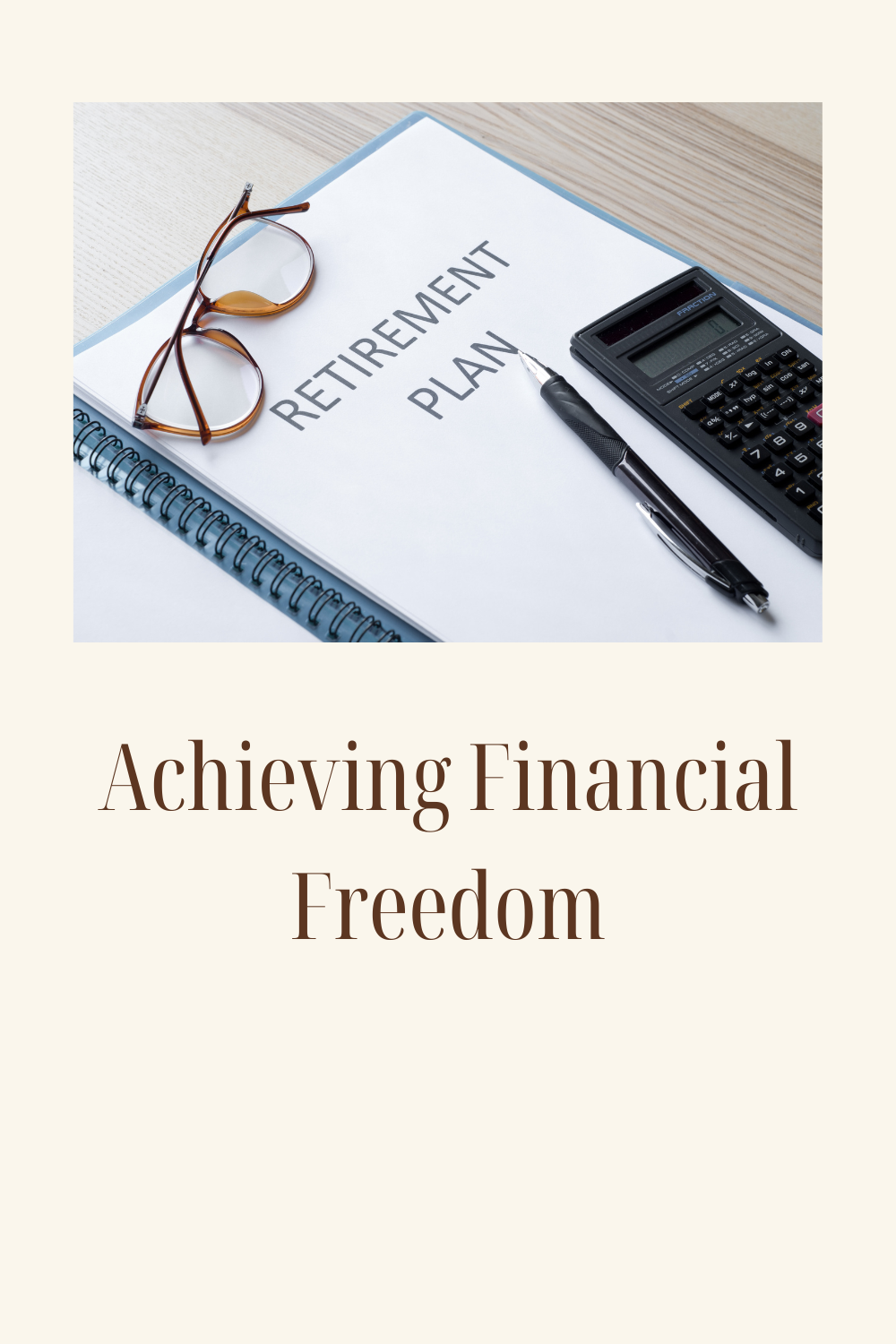Introduction
Imagine waking up each day with a sense of security about your finances, free from worries about debt or unexpected expenses. Achieving financial freedom is not just a possibility—it’s a possible reality with the right guidance and dedication. This ultimate guide is designed to help you navigate the path toward a financially secure future, breaking down complex steps into manageable actions. Let’s get started on this journey together!
Understanding Financial Independence
Financial independence occurs when you have enough income to pay for your living expenses without being employed or dependent on others. It’s about gaining the freedom to make choices in life without the constraint of financial pressure.
Importance of Financial Planning
Planning your finances wisely is crucial for building a resilient financial future. It helps you to identify your goals, manage unexpected costs, and invest in your dreams systematically.
Overview of the Guide
This guide provides a structured approach to achieving financial independence. From assessing your current financial health to protecting your wealth, we’ll cover each critical aspect in detail.
1. Assessing Your Current Financial Health
Analyzing Your Income
Understanding your income sources is the first step. Are you relying solely on your salary, or do you have other income streams such as rental income or dividends? It’s essential to diversify your income sources to stabilize financial inflows.
Evaluating Your Expenses
Track your monthly spending across categories such as housing, groceries, and entertainment. Tools like budgeting apps can offer insights into where your money goes. I like to use the Every Dollar app. It’s free and very easy to navigate. There is also a subscription option that includes personalized budget assistance. Here is a link for a 30-day trial. https://www.ramseysolutions.com/ramseyplus/everydollar?utm_source=mobileshare&utm_medium=mobilesharebutton&utm_campaign=mobileshareability&utm_id=ramseysolutions
Debt Assessment
List all your debts, including credit card debts, student loans, and mortgages. Note their interest rates and monthly repayment terms, as these will impact on your broader financial strategy.
2. Setting Financial Goals
Short-Term Goals
Think about goals achievable within a year, such as saving for a vacation or paying off a small debt.
Mid-Term Goals
These might be goals for the next one to five years, like buying a new car or saving for a down payment on a house.
Long-Term Goals
Envision your life beyond five years. Perhaps you’re aiming for retirement savings or funding a child’s education.
3. Creating a Personalized Financial Plan
Budget Creation
Effective budgeting is essential. Create a budget that suits your financial situation and helps you reach your goals.
Savings Strategies
Explore savings accounts, high-interest deposits, or government bonds as tools to increase your savings efficiently.
Investment Planning
Understand different investments such as stocks, bonds, or real estate. Tailor your investments to suit your risk tolerance and financial goals.
4. Income Optimization
Enhancing Your Career
Consider opportunities for career advancement or shifts that might increase your income.
Side Hustles and Passive Income
Investigating side jobs or passive income opportunities like online businesses can boost your earnings.
Freelancing and Self-Employment
Freelancing or starting your own business could offer not only potential financial rewards but also greater flexibility and job satisfaction.
5. Protecting Your Wealth
Insurance and Protection Plans
Insurance is crucial for protecting your assets and health. Evaluate what types of insurance (e.g., health, life, property) you need.
Emergency Funds
Aim to set aside three to six months’ worth of expenses in an accessible emergency fund.
Estate Planning and Wills
Plan how your assets will be distributed. Drafting a will can ensure your assets are handled according to your wishes after you pass away.
Conclusion
Achieving financial independence is a journey requiring dedication and careful planning. By following this guide and regularly reviewing your financial plan, you’re setting yourself up for a secure future.
Frequently Asked Questions (FAQs)
- What is the quickest way to achieve financial independence?
The speed depends on your income, expenses, and how aggressively you save and invest. Focus on increasing your income and managing expenses.
- How much money do I need to retire?
It varies based on your age, lifestyle and where you live, but a common rule is to have 25-30 times your annual expenses saved.
- Is it too late to start planning for financial independence?
It’s never too late to start! Begin by assessing your current financial situation and making a plan.
- Can financial independence be achieved with debt?
Yes, but prioritize high-interest debt reduction as part of your overall financial strategy.
Thank you for taking the time to read my blog. I hope you gained insight. Feel free to explore other topics I’ve written about and remember… Health and Wealth go hand in hand. Being wealthy doesn’t always have to mean you have an abundance of money. When you have good health and live stress free, you are in a sense living wealthy.
